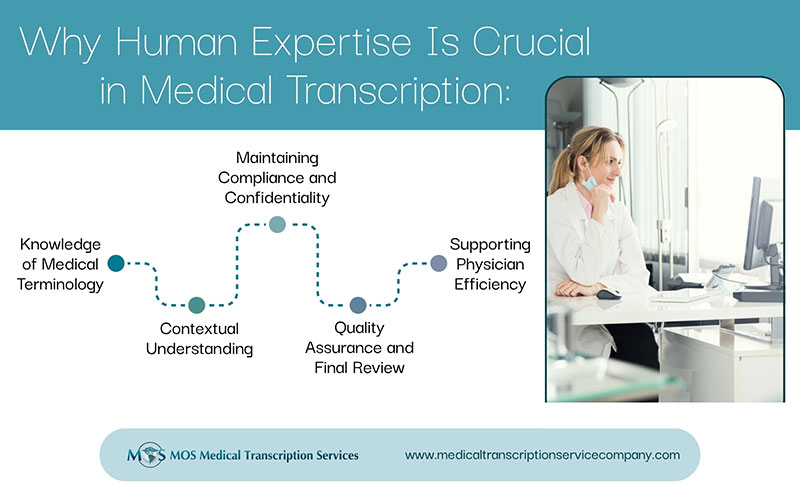New certification for Credentialed Medical Assistants for EHR Data Entry meets CMS guidelines
Though EHRs are helping in the management of health care records, most physicians are finding it cumbersome and time consuming to enter patient data into the system. According to a report presented at the American Academy of Family Physicians, resident physicians are spending additional time of 16 minutes a day on EHR documentation. Patient care and professional satisfaction are also affected as the physician is has to enter the data into the digital system during the consultation. Many physicians had resorted to employing medical scribes to help with the data entry. The American Association of Medical Assistants (AAMA) took a cue from this trend and introduced a new assessment based recognition (ABR) program to meet the rules of the Centers of Medicare and Medicaid (CMS) on order entry staff.
Overcoming the Challenge of Data Entry in EHR
As EHR data entry cuts down academic learning time and the ability to practice hands-on patient care, it is better that physicians have personnel with necessary expertise to help with documentation. AAMA announced that as of January 1, 2013, only “credentialed medical assistants” (apart licensed health professionals) can enter medication, radiology, and laboratory orders into the electronic health record (EHR). Only such entry would be considered as meeting the meaningful use conditions of the Medicare and Medicaid EHR Incentive Programs, said AAMA.
Only medical assistants who are graduates from a CAAHEP or ABHES accredited medical assisting program are eligible for the CMA (AAMA) Certification Examination. Working medical assistants who are not graduates from this program are ineligible for the CMA (AAMA) Certification Exam and cannot fulfill CMS requirements through the AAMA. It is to provide these non-CAAHEP or ABHES medical assistants to demonstrate knowledge of electronic order entry and meet the CMS requirements that AAMA introduced the assessment-based recognition certification program.
Achieving the AAMA Credential for EHR Data Entry
ABR certification is awarded to those who meet certain knowledge and experience requirements as well as.
During the final two year of study, applicants should have been employed at a healthcare facility under the supervision of a licensed provider. At the end of the course, the licensed provider has to issue a document/certificate to prove that the applicant is proficient in the use of EHR technology based on knowledge in the following areas:
- Anatomy and physiology
- Basic laboratory values
- Critical thinking
- Electronic health records
- Health Information Portability and Accountability Act (HIPAA)
- Medical terminology
- Pharmacology
The applicant should also complete the following five AAMA continuing education courses covering key knowledge elements of electronic order entry:
- Clinical Laboratory Testing
- Disease Screening
- Legal Aspects of Patient Care Documentation
- Lost in Translation: Eliminate Medical Errors
- Medical Records: A Vital Wave
With credentialed medical assistants, physicians would be ensured of accurate and efficient electronic order entry and also enjoy peace of mind that their orders will be understood and appropriately transmitted. Patients will have their EHRs handled appropriately with the ABR certified professionals on the job. Integrating medical transcription services with EHR can make the process all the more efficient.


